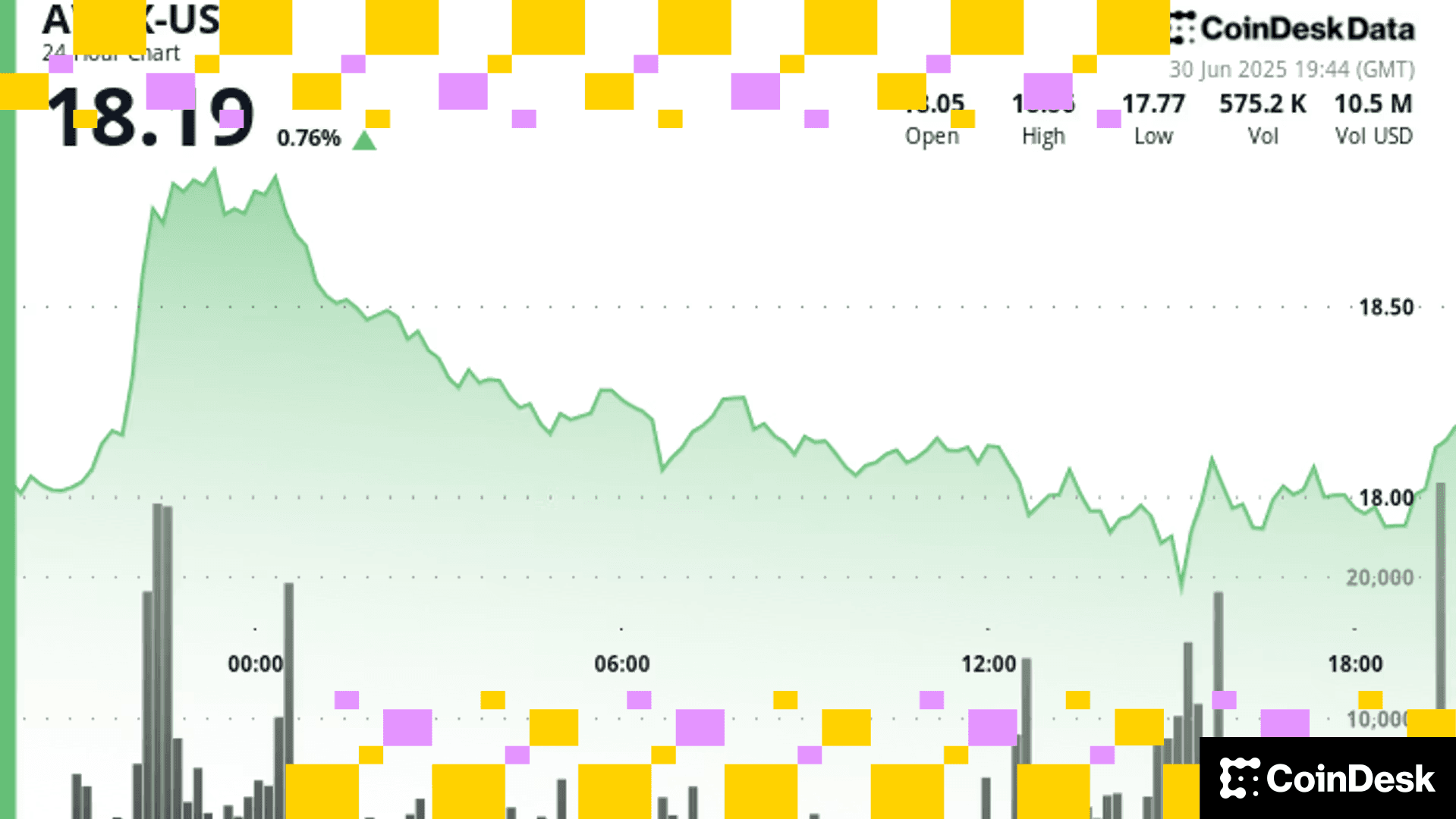House of Lords Committee Sees 'No Convincing Case' for UK CBDC
"While a CBDC may provide some advantages, it could present significant challenges for financial stability and the protection of privacy," the committee said.

There is "no convincing case" for the U.K. to have a central bank digital currency (CBDC), a House of Lords committee has concluded.
The Economic Affairs Committee of the U.K.'s upper house set up the enquiry in September to explore how a CBDC might affect the role of the Bank of England, monetary policy and the financial sector. The report published Thursday found that "while a CBDC may provide some advantages, it could present significant challenges for financial stability and the protection of privacy."
The Bank of England, in common with central banks of almost every other major economy across the world, is exploring a potential CBDC as a means of addressing the decline in the use of cash, expediting the implementation of monetary policy and future-proofing fiat currencies from the rise in use of privately issued digital currencies. It is set to begin a consultation alongside the Treasury later this year to explore design features, benefits and implications for users.
The House of Lords committee said it would be "inevitable" that consumers would transfer money from their bank accounts into CBDC wallets. Therefore safeguards would be required on the amount of CBDC individuals could hold to avoid financial instability being exacerbated during turbulent economic times by people replacing bank deposits with digital banknotes.
Read more: CBDCs for the People? Where the Current State of Digital Currency Research Leads
The Bank of England would also risk being drawn into "controversial debates on privacy" were it to add design features to the CBDC to counter its use for criminal activity.
"While there are design options that would provide some privacy safeguards, technical specifications alone may be insufficient to counter public concern over the risk of state surveillance," according to the committee.
The potential benefits of a CBDC are "overstated or achievable through less risky alternatives," Lord Forsyth of Drumlean, chair of the committee, said.
The Bank of England established two forums last year to discuss some of the issues with representatives from companies such as Paypal, Spotify, Mastercard and Visa among the members.
Should the bank proceed with the development of a digital pound, it has said the earliest that one could be rolled out is the second half of the decade.
More For You
Exchange Review - March 2025

CoinDesk Data's monthly Exchange Review captures the key developments within the cryptocurrency exchange market. The report includes analyses that relate to exchange volumes, crypto derivatives trading, market segmentation by fees, fiat trading, and more.
What to know:
Trading activity softened in March as market uncertainty grew amid escalating tariff tensions between the U.S. and global trading partners. Centralized exchanges recorded their lowest combined trading volume since October, declining 6.24% to $6.79tn. This marked the third consecutive monthly decline across both market segments, with spot trading volume falling 14.1% to $1.98tn and derivatives trading slipping 2.56% to $4.81tn.
- Trading Volumes Decline for Third Consecutive Month: Combined spot and derivatives trading volume on centralized exchanges fell by 6.24% to $6.79tn in March 2025, reaching the lowest level since October. Both spot and derivatives markets recorded their third consecutive monthly decline, falling 14.1% and 2.56% to $1.98tn and $4.81tn respectively.
- Institutional Crypto Trading Volume on CME Falls 23.5%: In March, total derivatives trading volume on the CME exchange fell by 23.5% to $175bn, the lowest monthly volume since October 2024. CME's market share among derivatives exchanges dropped from 4.63% to 3.64%, suggesting declining institutional interest amid current macroeconomic conditions.
- Bybit Spot Market Share Slides in March: Spot trading volume on Bybit fell by 52.1% to $81.1bn in March, coinciding with decreased trading activity following the hack of the exchange's cold wallets in February. Bybit's spot market share dropped from 7.35% to 4.10%, its lowest since July 2023.
More For You











